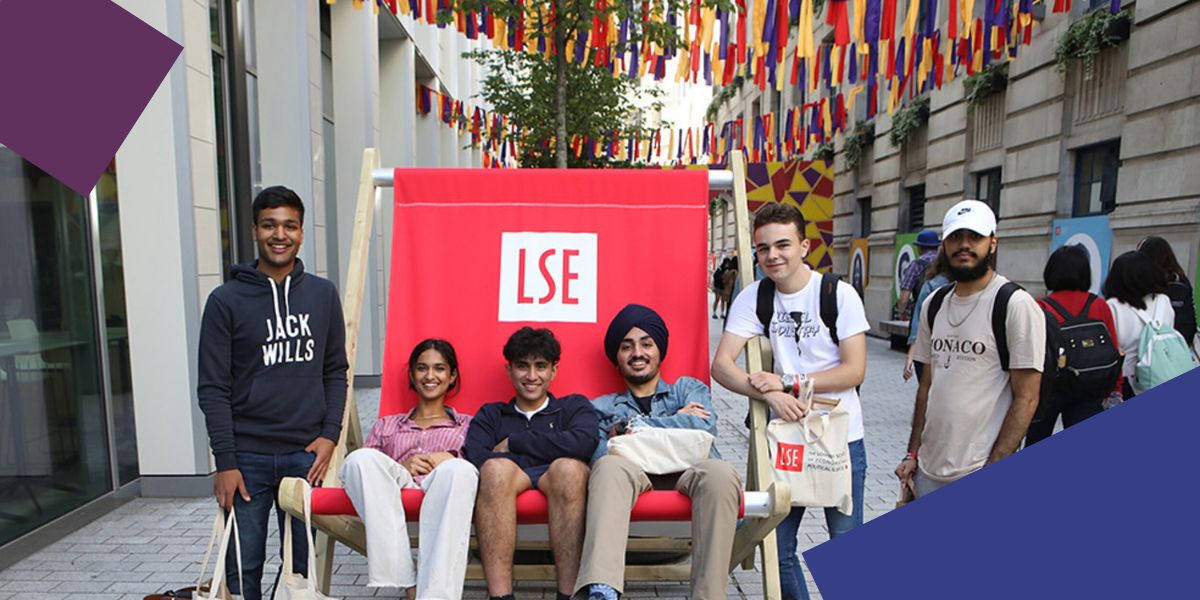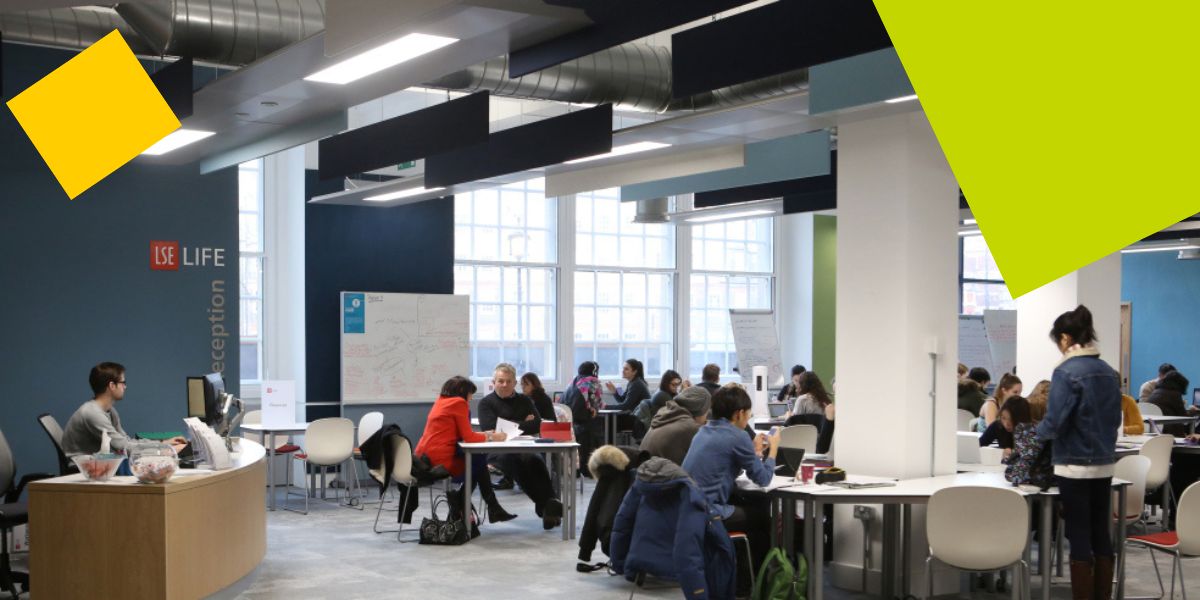It’s no secret that coming to university feels daunting. Aside from leaving home and all sense of familiarity, you prepare to face an academic test. University does demand a new level of independent learning than what you’re used to. You’ll be expected to teach yourself most of the content. Classes become forms of consolidation and discussion rather than the main source of learning. While this is all true, the change is not nearly as intimidating as it sounds. LSE ensures to support you in your studies through various services and partnerships through the entirety of your degree.
Most departments at LSE offer a mentee programme. In this, a student of second or third year is appointed to support you throughout your first year. You can meet your mentor as much or as little as it suits you. Your mentor may offer to read over work or help you with specific problems. Equally, they can offer you pastoral support and advice for your life outside your studies. This is a very valuable scheme that I recommend partaking in. It can often be easier to speak to someone your own age who has only just been through the exact same experience as you.
Saying that, I’ve found having an academic mentor from my faculty to be of value too. In your first year, you’re assigned a member of your department who essentially becomes your point of reference. They can offer you advice and guidance about your studies. I’ve found mine to be particularly helpful with course selection and they helped me to create a balanced programme of study.
I’ve also found that my tutors offer good academic support when you need it. It’s important to make use of office hours, the time in which a teacher leaves free for you to book their time. This can allow you to go over essay questions, problem sets or homework tasks that you may struggle with. The impression of university as a completely solo endeavour is not quite accurate. You simply have to seek out the support more. The help is there if you want it. Generally speaking, teachers, lecturers and professors welcome you to email them with questions and queries.
A system of support specific to LSE is LSE LIFE. LSE LIFE offers support in a number of ways. You can go there to receive support for essay writing or any other academic problem you may have. They also have a number of online resources which offer clear and coherent tips. I’ve personally found LSE LIFE extremely useful when referencing in my essays as they provide useful videos and websites to help. LSE LIFE also run workshops on practical skills to aid you academically. Specifically, there’s a popular digital skills workshop and workshops specific to courses, such as for LSE100.
Some of the best academic support can be found through your friends. The positive impact of this is not to be underestimated: working through problems related to class topics with your friends can be incredibly useful and can offer new perspectives. Again, on a more pastoral level, it can be nice to know that other people are on the same academic journey as you.
I’ve also found academic societies to be a good form of academic support. In these, you can speak to students in second and third year from your degree. They can provide first hand advice that you cannot receive from others, but also in a more casual and social environment. I’ve found being part of the history society very useful on this front.
There are so many useful and specific forms of support at LSE that will smooth your transition from school to university. You do not need to do it all alone and certainly do not be afraid to ask for help!





